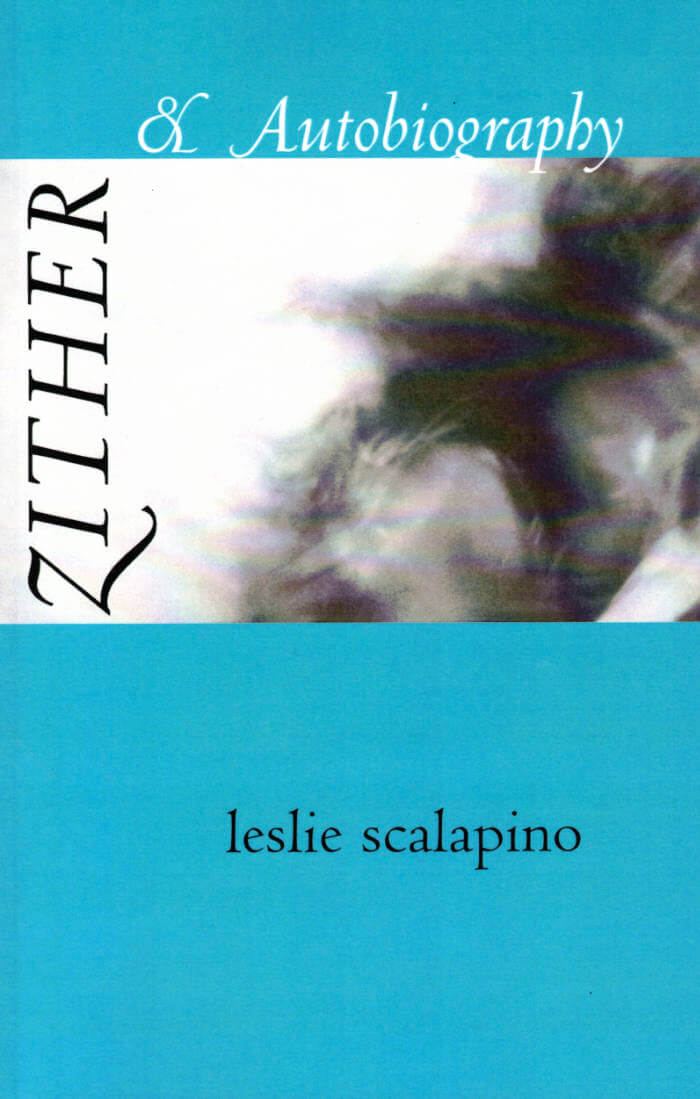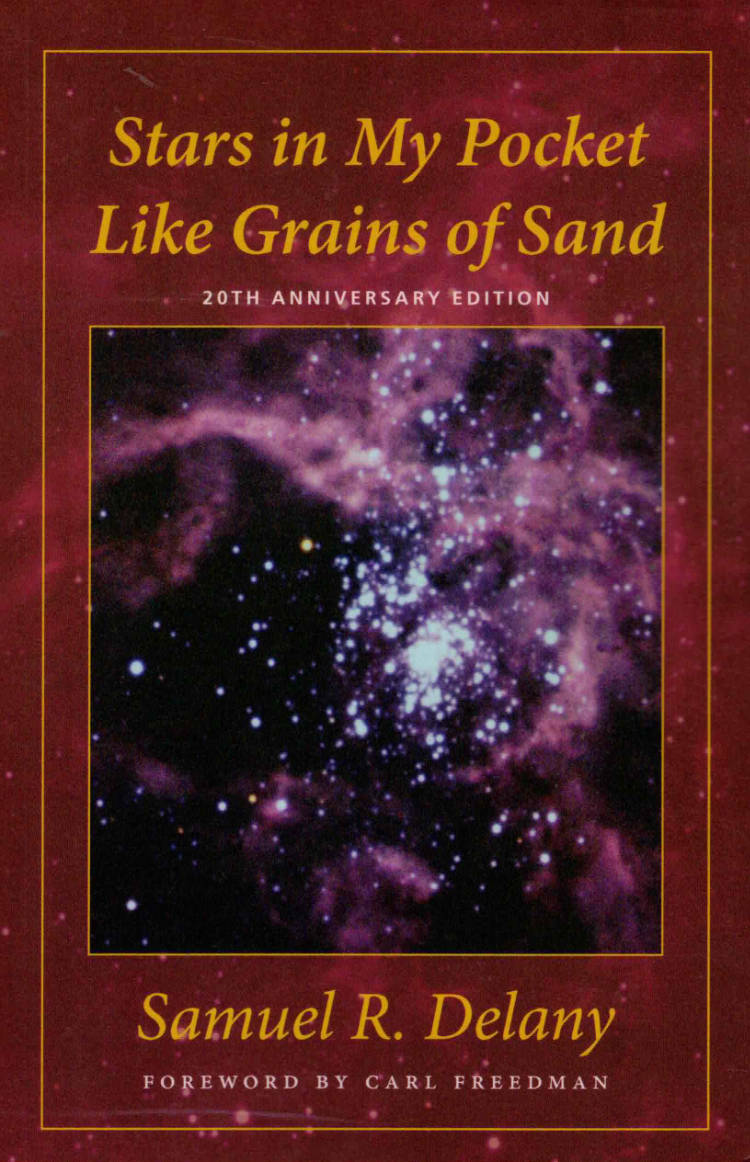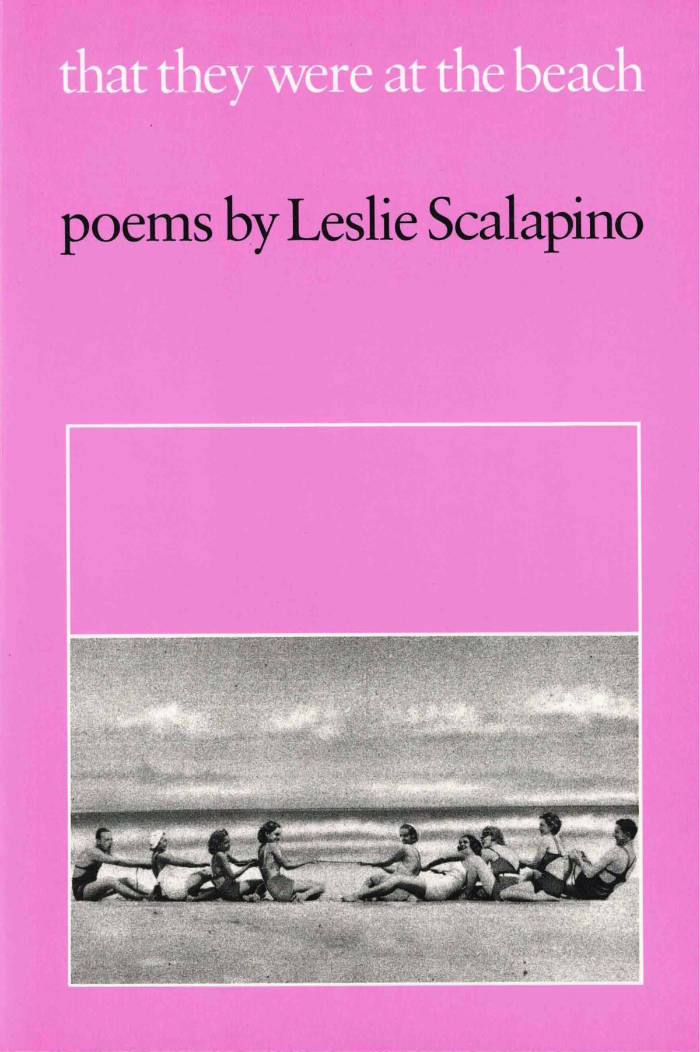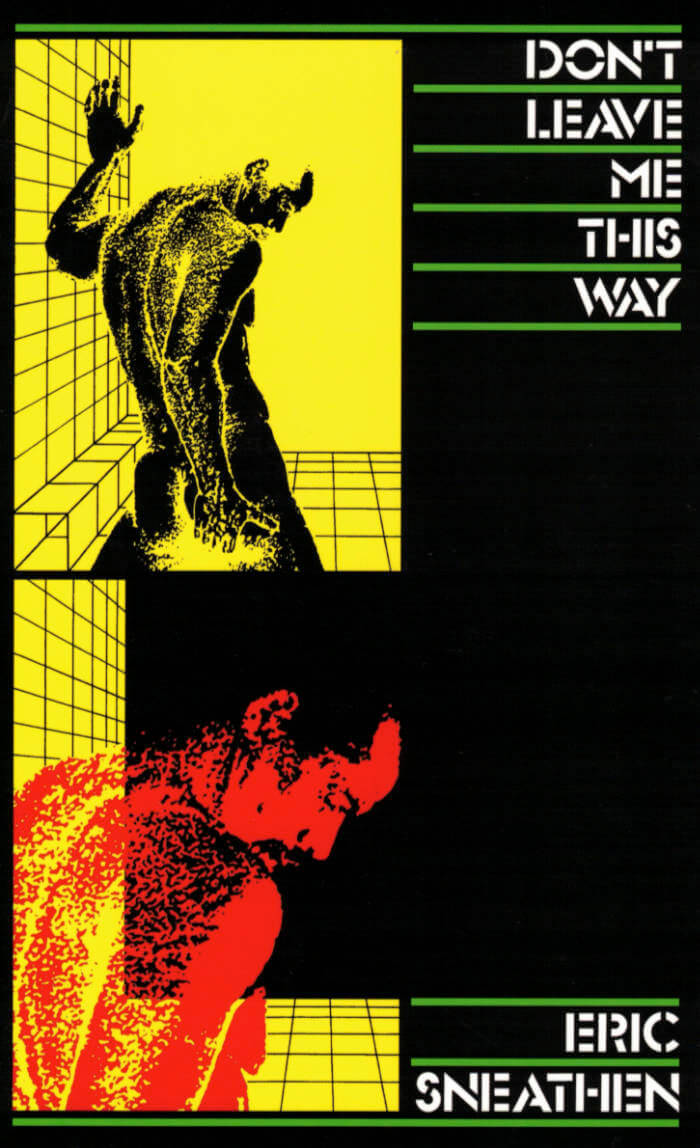
Zither & Autobiography
Zither & Autobiography is comprised of two parts: the author's autobiography and a book-length poem entitled Zither. Both parts of the book are concerned with facts and their undoing. In Autobiography, Scalapino explores her shifting memories of childhood—especially of years spent in Asia—experimenting with the memoir form to explore how a view of one's own life develops, how fixed memories move as illusion.
Zither opens with a unique narrative that the author describes as samurai film, and as Classic Comic of Shakespeare's King Lear (without using any of Shakespeare's language, characters or plot). Creating a complex spatial soundscape, the poem works formally to allow continual change of one's conceptions while reading. The juxtaposition of the two parts and the connection between them is the anarchist moment... disjunction itself, a key concept in much of Scalapino's work. This vivid book reveals in every thought-sparking section just why Scalapino has been hailed by Library Journal as one of the most unique and powerful writers at the forefront of American literature.







